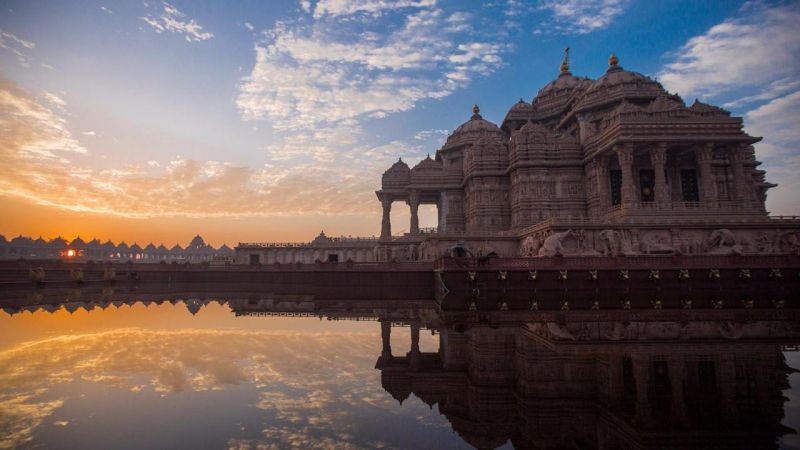Delhi Government Devises Plan to Revive Water Bodies
Published on by Water Network Research, Official research team of The Water Network in Government
The Delhi government has formed a detailed plan for reviving water bodies in the national capital, which in turn will augment the water supply and also recharge groundwater.

The plan includes three components — revival and restoration of existing water bodies and ponds, restoration of flowing water (carrying) bodies (drains), and creation of new water bodies.
Under the first heading, Delhi Jal Board (DJB), under the Delhi government’s Water department, is focusing on 93 water bodies that are contaminated with sewage. These include water bodies in Sultanpur, Auchandi, Akbarpur Majra, Rajokri, Aya Nagar, Kair, Mitraon and Sonia Vihar.
The capital’s water bodies — lakes, ponds, and step-wells — are dying a slow death with problems like encroachments and sewage plaguing them.
According to government records, there are 971 identified water bodies in the capital, but the figure could well be above 1,000 as some are non-traceable, according to officials. Out of the 971, only 250 still have water and come under the “clean” category.
Over 300 water bodies have completely dried up and 100 have been taken over by encroachments like buildings, parks and slums, leaving no scope of revival.
Under the second component of the plan, the DJB will be intercepting drain number 6, which is carrying toxic wastewater from Haryana, at Narela sew-age treatment plant (STP).
“Tenders have already been floated. Around 10 MGD wastewater will be intercepted and treated. This will free around a 10 km path for drain number 6 which will then be filled with clean treated water,” said a government official.
Other projects under the second heading include designing of a natural treatment system by an Israel based firm for the treatment of drain water before falling into Yamuna, and restoring other drains like Qudsia, and Khyber.
Read more: The Asian Age
Media
Taxonomy
- Policy
- Resource Management
- Integrated Urban Water Management
- Governance & Policy
- Lake Management
- River Engineering
- Urban Water
- River Restoration
- Urban Resource Management
- Urban Water Infrastructure
- India
4 Comments
-
The best way to conserve Rainwater in New Delhi is to insert Geocellular blocks under the available green patches and divert the rooftop collections and run off from sanitised roads to these bioswales/rain gardens. Such insertions can be made in all the traffic rotaries and the islands. Some of the new generation blocks can withstand 60 gross vehicle weight, thus there are no restrictions to insert these basins under the traffic roads and let the water flow in the underground channels without any obstruction on the surface. Since these blocks are sealed with multiple layers of geotextiles, gravel, sand, activated charcoal and root zones, the stormwater with a manageable level of roadside pollution can be treated by phtyo-remidiation activity in the swales. Stormwater in copious volumes is handled through a network of Sedipipes that deploy flow separation, gravity and surface tension mechanisms to separate light oils and fine particles from the rain water. These solutions are time tested and definitely much better than the cosmetic rain water harvesting techniques so far deployed in most of the buildings.
Frankische, a world leader in such solutions has a complete stormwater management manual available for downloads from their website. It is not surprising that worldwide cities don't suffer water logging on the roads in the manner as we do.
The city of Delhi must decide which of the curse it must suffer, despair, drought or deluge, as the way things go today, we the greedy ones have decided to take it all!
Even the pigmy average of 650 mm annual rainfall can work wonders in managing the water crisis, this city must face every passing year, the only change we need is to alter our perception towards rainwater, is it an asset or still a liability that must vanish somehow as soon as it rains ;-(
-
It will be good initiate of Delhi Govt.
-
we are looking for people who can go on PPP with us on cleaning India's waters
-
People participation must for the success of reviving water bodies, once cleaned will improve environment,contribute to recharge and add to the beauty of the area.s.a.khan,Hydrogeologist